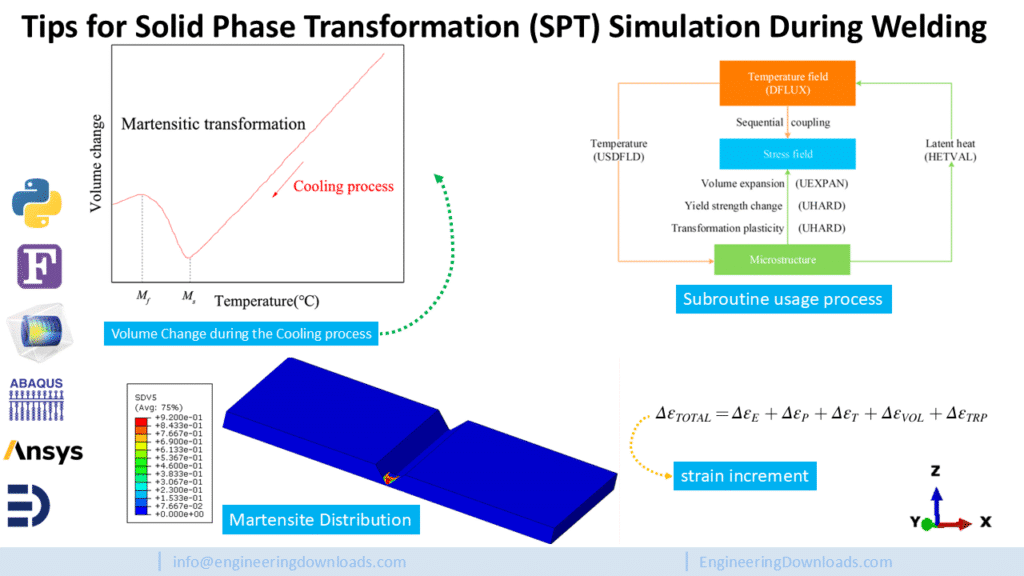

Optimized welding process of residual stress control of P91 steel considering martensitic transformation
P91 steel belongs to martensitic heat-resistant steel. Solid phase transformation (SPT) during welding will affect temperature field and stress field. In this paper, a method for calculating welding residual stress of P91 steel considering martensitic transformation is proposed by using finite element (FE) software ABAQUS and self-compiled user subroutines. The methods of reducing residual stress are analyzed through the preheating, changing the starting temperature of martensitic transformation and controlling the interlayer temperature. It is found that the Mises stress decreases and the low stress area at the weld bead enlarges after preheating. Within a certain range, the Mises stress value can be reduced by decreasing the starting temperature of martensitic transformation. The starting temperature of martensitic transformation is suggested to be 325 °C. Within a certain range, increasing interlayer temperature can enlarge the low Mises stress area, increase the longitudinal compressive residual stress and reduce the transverse residual tensile stress. The highest interlayer temperature should not exceed 315 °C.
A ready-to-run, validated Abaqus package that replicates the paper above. The model couples thermal, microstructure and mechanical effects of welding in a practical, decoupled simulation workflow. Use it to predict where martensite forms, map hardness, and find fatigue- and crack-prone zones — then test process changes (preheat, interpass temp, Ms tuning) in simulation before physical trials.
DFLUX (heat input) — Goldak double-ellipsoid moving heat source implementation.
UEXPAN (volume expansion) — Applies volume change caused by phase transformation.
UHARD (strength change) — Updates yield/hardening parameters as microstructure evolves.
USDFLD (phase fraction) — Tracks local martensite fraction as a field variable.
These subroutines let thermal, microstructure and mechanical fields interact so results reflect latent heat, transformation plasticity, and property changes.
This product also includes Python scripts for quick setup and automation: a script that uses Abaqus’ model-change / element-birth technique to add weld metal (multi-pass workflows), apply welding sequences, and automate material assignment. The script helps you run single-pass and multi-pass cases fast and reproduce the paper’s multi-pass scenarios.
The replication uses a decoupled workflow (two subroutine files) for clarity and ease of use:
Thermal subroutine file — contains DFLUX, USDFLD , HETVAL Subroutines
Mechanical subroutine file — contains UEXPAN, UHARD and USDFLD Subroutine.
Splitting the code keeps thermal and mechanical runs modular and helps users adapt only the part they need (for example, swap heat source or change mechanical material laws).
Fully validated against the published paper’s cases (single-pass and multi-pass).
Predict martensite distribution, Mises stress, longitudinal/transverse residuals.
Test preheating, Ms tuning, and interlayer temperature strategies in simulation.
Python automation for element-birth welding sequences and material assignment.
Welding engineers and simulation specialists working with P91 or similar creep-resistant steels.
R&D teams in power plants, pressure vessels, pipelines, turbines, and heat exchanger fabrication.
Universities and labs wanting a validated example of phase-aware welding simulation in Abaqus.
Martensitic transformation changes local hardness and toughness, and together with residual stresses, controls fatigue life, crack initiation, and service failure risk. This simulation helps teams:
reduce trial-and-error welding tests,
design preheat and interpass strategies that lower harmful tensile residual stresses,
predict hardened/brittle zones that may need post-weld heat treatment, and
extend component lifetime while avoiding expensive failures.
Delivered with user tested files.
Customization and consulting available — contact EngineeringDownloads or Saman Hosseini for help adapting the model to other alloys or geometries.
Saman Hosseini — mechanical engineer and Abaqus specialist. He developed and validated this replication to make advanced phase-aware welding simulation accessible to practicing engineers. Saman prepares the files, scripts, and documentation so you can reproduce published results quickly and adapt them for your projects.
Ready to download? Add the “P91 Welding FEM Model — Martensitic Transformation & Residual Stress (Abaqus)” to your cart on EngineeringDownloads and get the validated Abaqus files, subroutines, and Python automation pack in one zip.

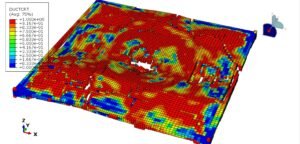
Abaqus
€81,00 €39,00

Abaqus
€299,00 €249,00

Uncategorized
€95,00 €80,00
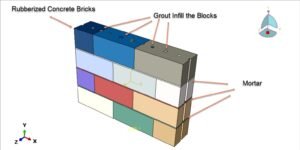
Abaqus
€79,00 €38,00
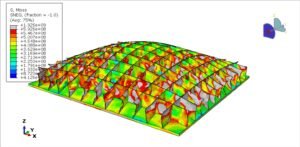
Abaqus
€68,00 €34,00
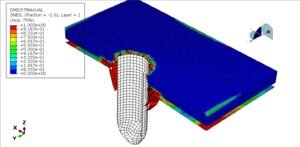
Abaqus
€77,00 €39,00
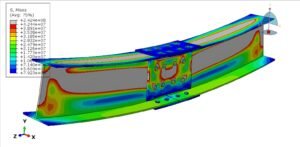
Abaqus
€79,00 €39,00
See more

Want to receive push notifications for all major on-site activities?